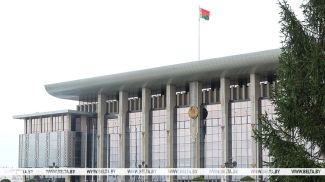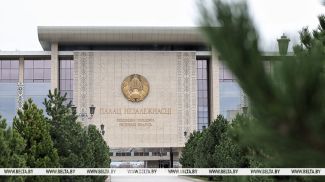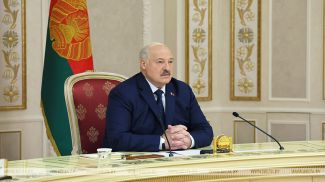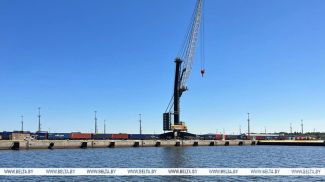
MINSK, 5 May (BelTA) – It is necessary to reconsider approaches to housing construction and build housing where human resources are most needed, Belarusian President Aleksandr Lukashenko said as he spoke to parishioners during his visit to Orsha on Easter, 5 May, BelTA has learned.
Aleksandr Lukashenko cited Orsha as an example and said how he considers it right to adjust approaches to housing construction in order to provide numerous enterprises with workforce.
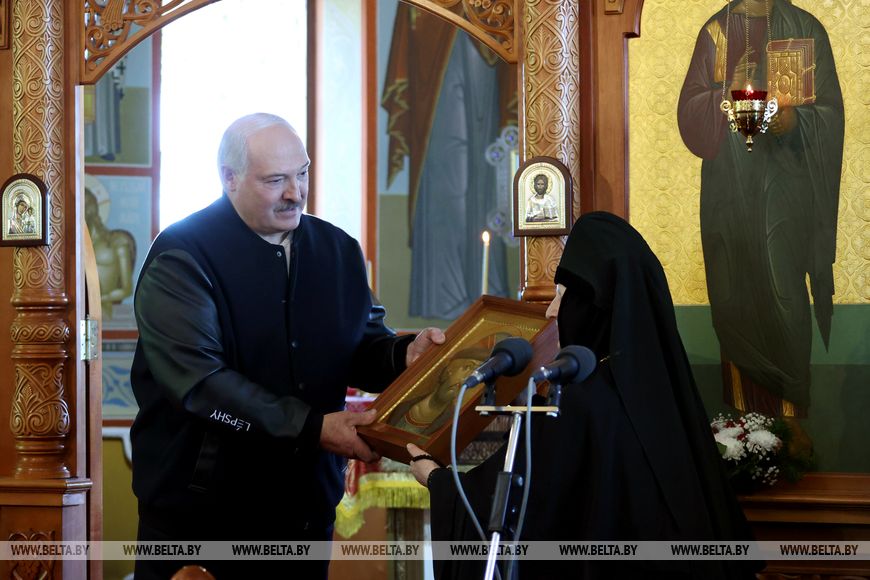


“On my way here I was thinking that we would need to build more housing here to attract people. There is not enough workforce here. Some 20 years ago, there were a lot of residents, there was high unemployment. Now all of them are employed. There are a lot of companies here, including many in the town of Baran, and also between Baran and Orsha. Everywhere. There are a lot of agricultural companies,” the head of state said. “I think we will have to reorient and build housing where we need workforce in the first place. I am not talking about large families and the military. This is our sacred duty and they come first. The rest of the money should be used for the construction of housing where workforce is needed.”

“We need to build housing, as it was done in Soviet times: open an enterprise and build housing around it in order to attract workers. They should be provided with good salaries as well. These are the thoughts I had when I was heading to my and your native place,” the head of state said.
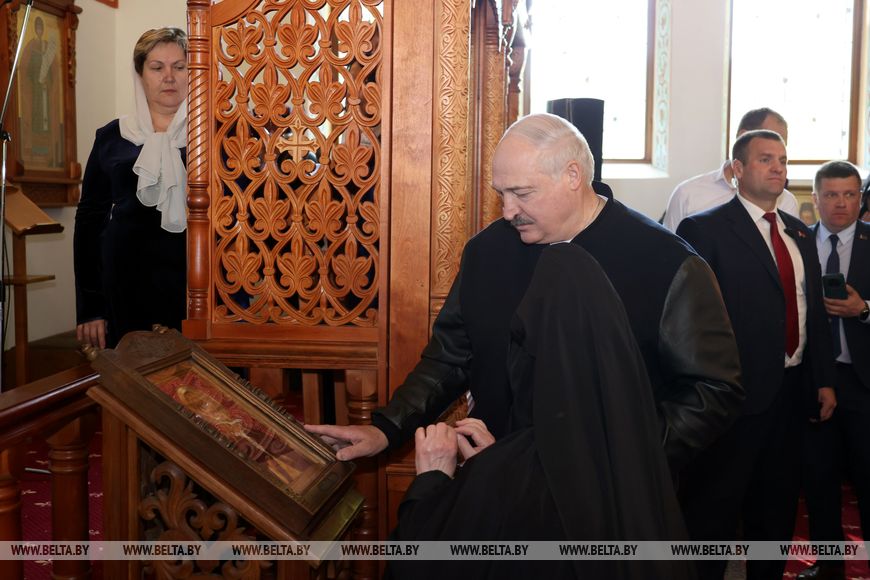

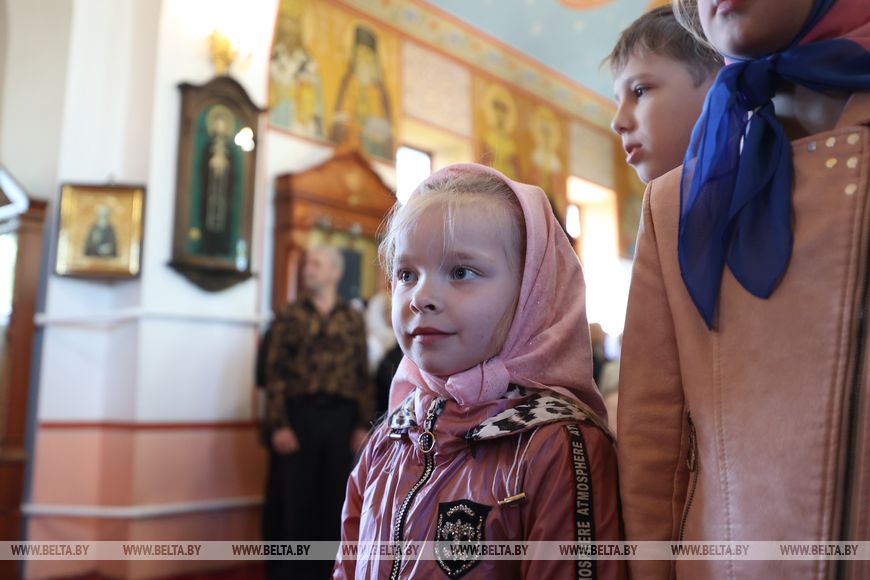
He recalled that as a child he often visited and even lived in Orsha. His mother worked at the linen mill for several years. A dormitory was not far from the factory. “Then we moved to the village. It was somehow difficult for us here and we moved to the village. I attended school in Alexandria,” Aleksandr Lukashenko shared his memories. “Orsha is a close city for me. It is a very good city.”
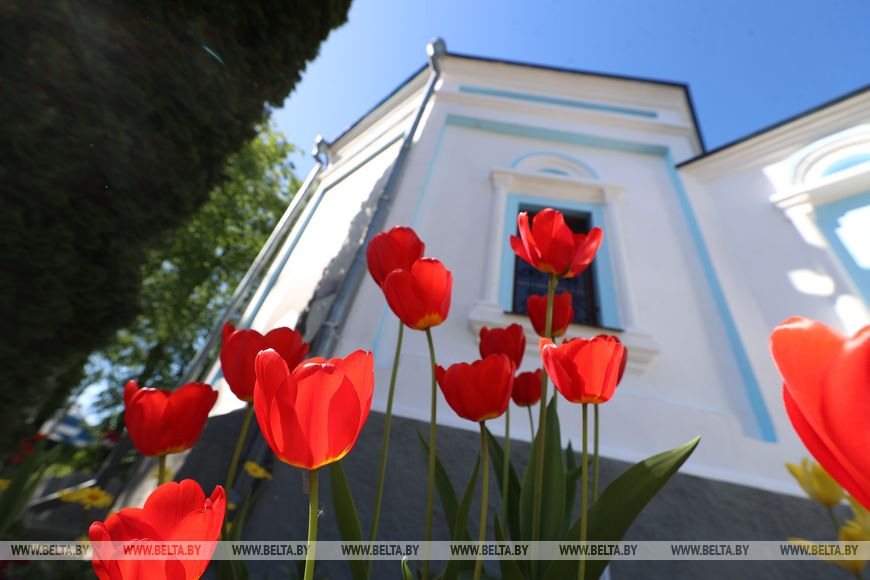
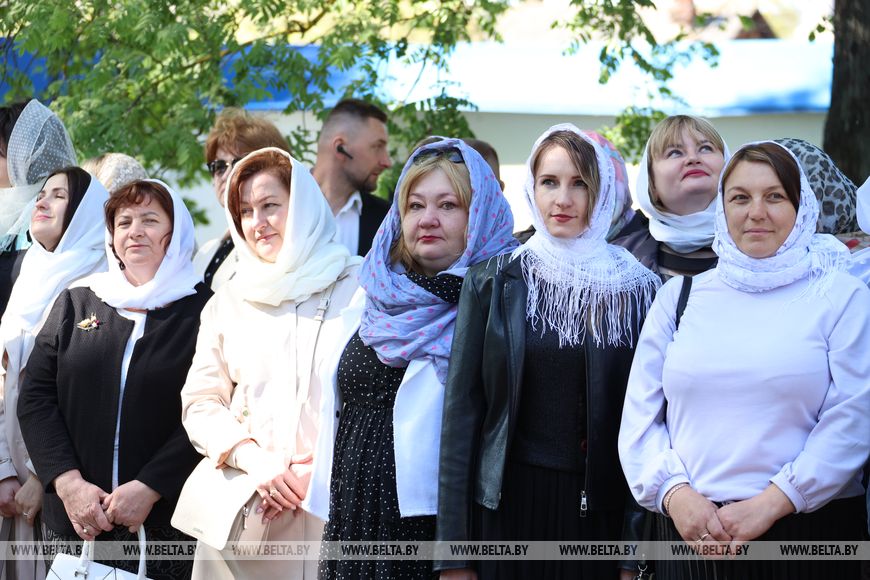
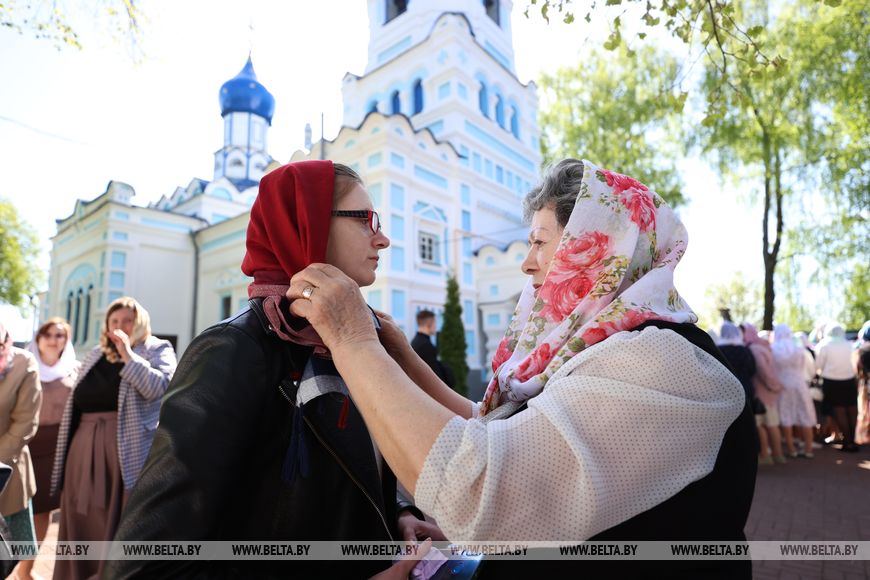
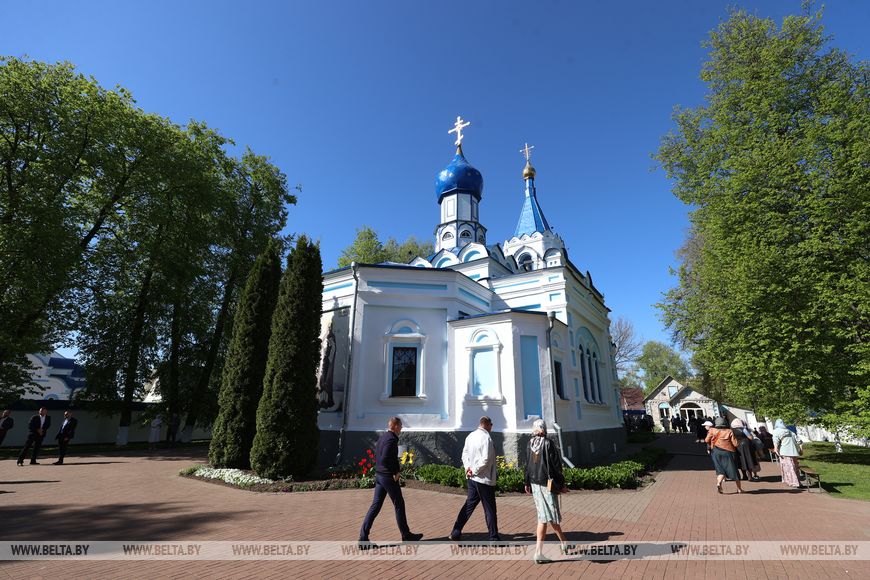
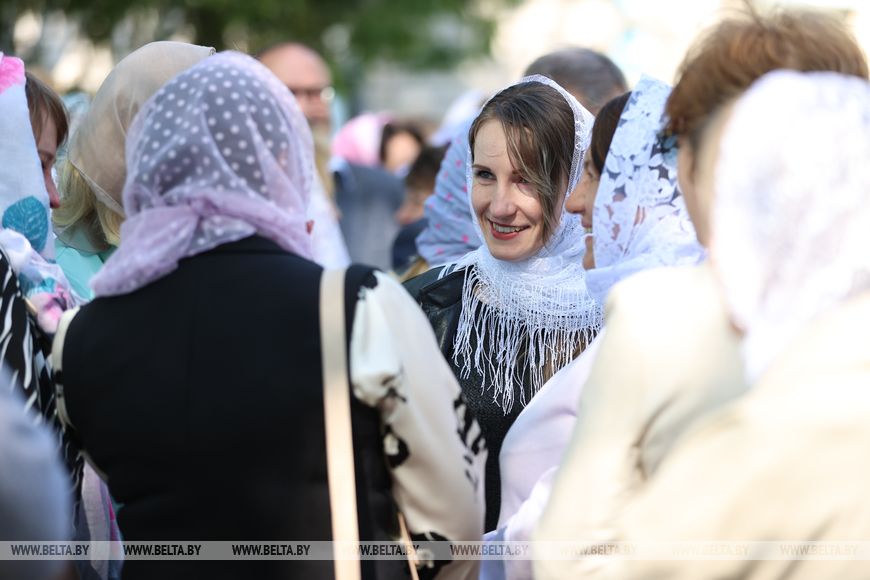
The head of state praised the local residents for keeping their city tidy and beautiful. “You keep perfect order in your land plots. It really pleased my eye,” the president said referring to the land plots he passed on his way to the church.





